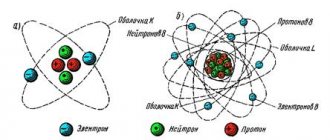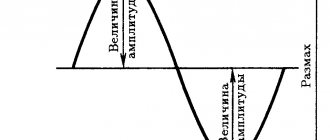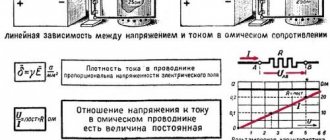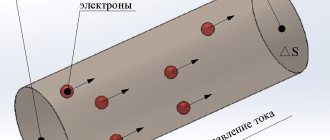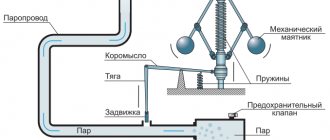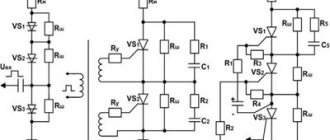Basic concepts, definitions and laws of electrical engineering
Electrical engineering
is a field of science and technology that studies the theory and practical applications of electricity.
Electronics
is a science that studies the processes occurring with charged particles.
Electrical circuit
- this is a set of elements through which electric current is closed.
The simplest electrical circuit can be represented as a source, a consumer and a line connecting the source and consumer of electric current.
Fig.1. The simplest electric current circuit
All complex electrical devices according to their purpose, operating principle and design can be divided into three large groups:
— energy sources, i.e. devices that produce electric current (generators, thermoelements, photocells, chemical elements); - receivers, or load, i.e. devices that consume electric current (electric motors, electric lamps, electric heaters, etc.); — conductors, as well as various switching equipment (switches, relays, contactors, etc.)
All electrical circuits are divided into linear and nonlinear
. An element of an electrical circuit whose parameters (resistance, etc.) do not depend on the current in it is called linear.
